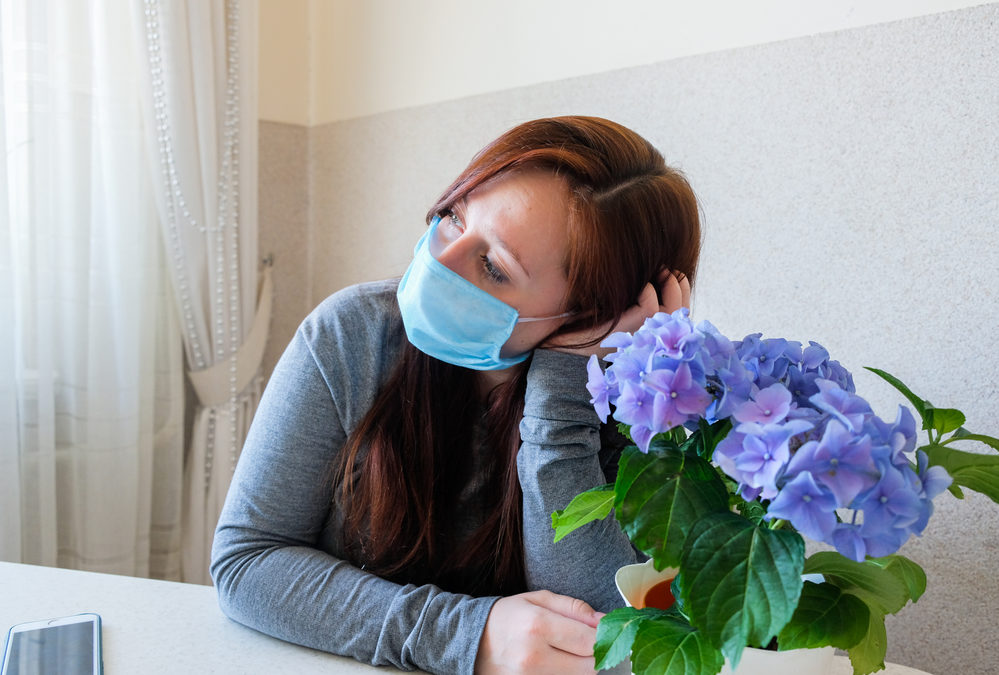May is Mental Health Awareness Month and this year, we all need to recognize and acknowledge the challenges that we face in this time of Covid19. The ongoing nature of this crisis means more and more people are struggling with stress, anxiety, depression, and more. We don’t know how long this pandemic will last or when it will be until we get back to normal. Or if “normal” will be an entirely “new normal” on into the future.
One phenomenon we are all experiencing to one degree or another is grief.
While grief is generally associated with the loss of a person, it can also be experienced over the loss of other things too. We grieve when we change or lose a job; we are saddened over the loss of a beloved place when we move. Today, we grieve for the loss of normalcy and comfortable routines. We’ve suffered the loss of predictability and our feelings of security and safety have been disrupted. Some of us suffered the loss of a planned wedding, a graduation, a prom, or dream vacation. Others have lost jobs and the economic security that goes with a paycheck. The past few months are littered with cancelled plans and deferred dreams. We miss old patterns and routines and worry they won’t be back soon or won’t be the same – or may never come back at all. Will the independent neighborhood coffee shop still be there? The favorite small restaurant? The concerts, the sporting events, the neighborhood block parties? The trips to far away places?
Because so many people are suffering the profound loss of parents, grandparents or friends, we may not feel entitled to complain about our own loss of routine. There’s so much much emphasis on “heroes” who are on the front lines of this struggle and rightfully so. Consequently, it might feel petty to focus on our own sacrifices or non-human losses in comparison to theirs.
But guess what? It’s not petty. Maintaining good mental health is as important as tending to our physical health, Part of healing and moving on is acknowledging loss, getting it out in the open, talking about it, and allowing ourselves to experience the associated feelings.
Author and grief counselor Alan D. Wolfelt talks about pandemic grief and says:
Grief is everything we think and feel inside of us whenever our attachments are threatened, harmed, or severed. We experience shock and disbelief. We are anxious, which is a form of fear. We become sad and possibly lonely. We get angry. We feel guilty or regretful. The sum total of all these and any other thoughts and feelings we are experiencing as a result of the coronavirus pandemic is our grief.
In his post, Coronavirus and the Six Needs of Mourning, he outlines and discusses steps to healing, so worth a read. Here are the 6 steps he discusses: .
- Acknowledge the reality of the pandemic as well as your grief
- Honor all of your feelings
- Practice gratitude for the good in your life
- Be kind to yourself
- Search for meaning
- Reach out to others to give and accept support
Here are more articles that discuss what many of us are experiencing related to pandemic grief, along with suggestions for how to deal with our feelings and cope with the sense of loss:
- What You Need to Know About Coronavirus and Grief
- Grieving the Losses of Coronavirus
- Coronavirus Has Upended Our World. It’s OK To Grieve
- You Might Be Grieving How Coronavirus Changed Your Life and That’s Okay
We also have posts about dealing with grief related to the loss of loved ones, a terrible
- Death, loss, and grief in the time of the coronavirus crisis: Part 1 – Funeral planning and memorials in the time of social distancing
- Death, loss, and grief in the time of the coronavirus crisis: Part 2 – How can you help someone who is experiencing grief related to the coronavirus pandemic when you or they are confined to home?
Just a reminder – if you are a member of ESI EAP, you can call us 24/7/365 for support, counseling, coaching, and self-help resources to help you deal with grief and loss or to deal with stress, anxiety or depression, pandemic-related or otherwise.

